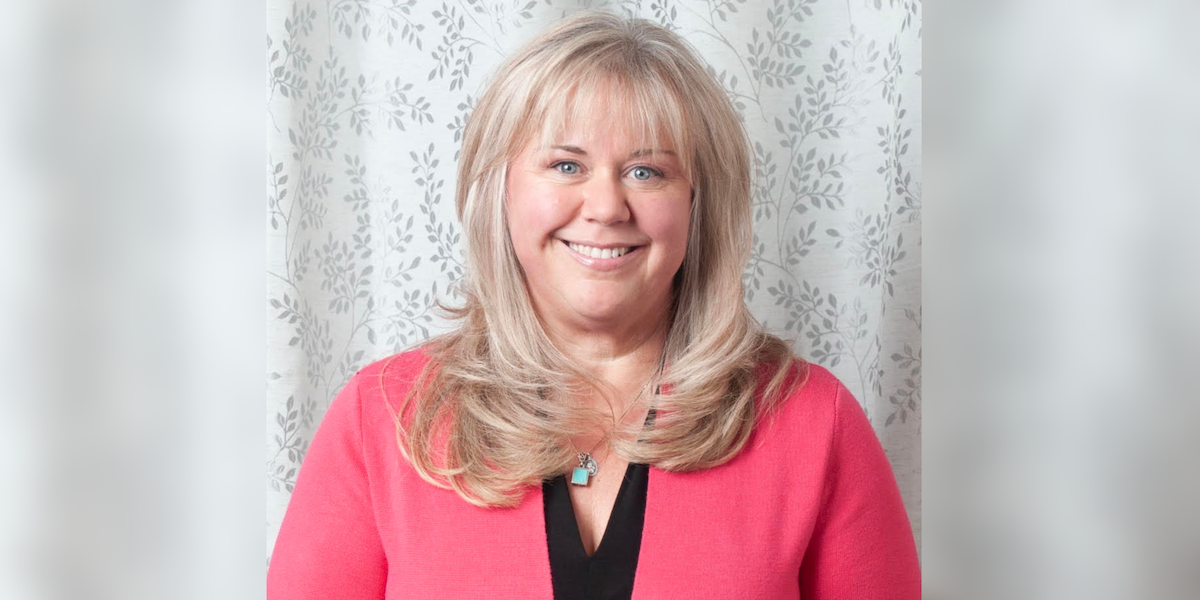obesity matters imagines acceptance and equity in care on world obesity day
in just a few short years, obesity matters has united individuals, families, communities, and organizations to create awareness around obesity as a chronic condition, but there's more work to be done.
what it feels like: 'i've learned to take back control' of obesity
tanya bender says she first noticed her weight when she was 12. she was growing up, her body was changing and, while she was a bit bigger than the other girls in her school, she was not overweight.
living with obesity: 'i know what it feels like for someone to assume you are lesser than you are because you have a couple of extra kilos'
aashni shah has a message for others who are living with obesity: "stop looking at the number on the scale, find the things that inspire you, and start focusing on what you want your life to look like."
 9 minute read
9 minute read
































![“one of the main ingredients [in the recipe for happiness] is to give ourselves grace to feel the full spectrum of human emotion and to know that we can’t be happy all the time,” says happiness expert gillian mandich. supplied](https://smartcdn.gprod.postmedia.digital/healthing/wp-content/uploads/2023/03/photo-credit-dave-laus-1-scaled.jpg?quality=90&strip=all&w=720&h=540)




